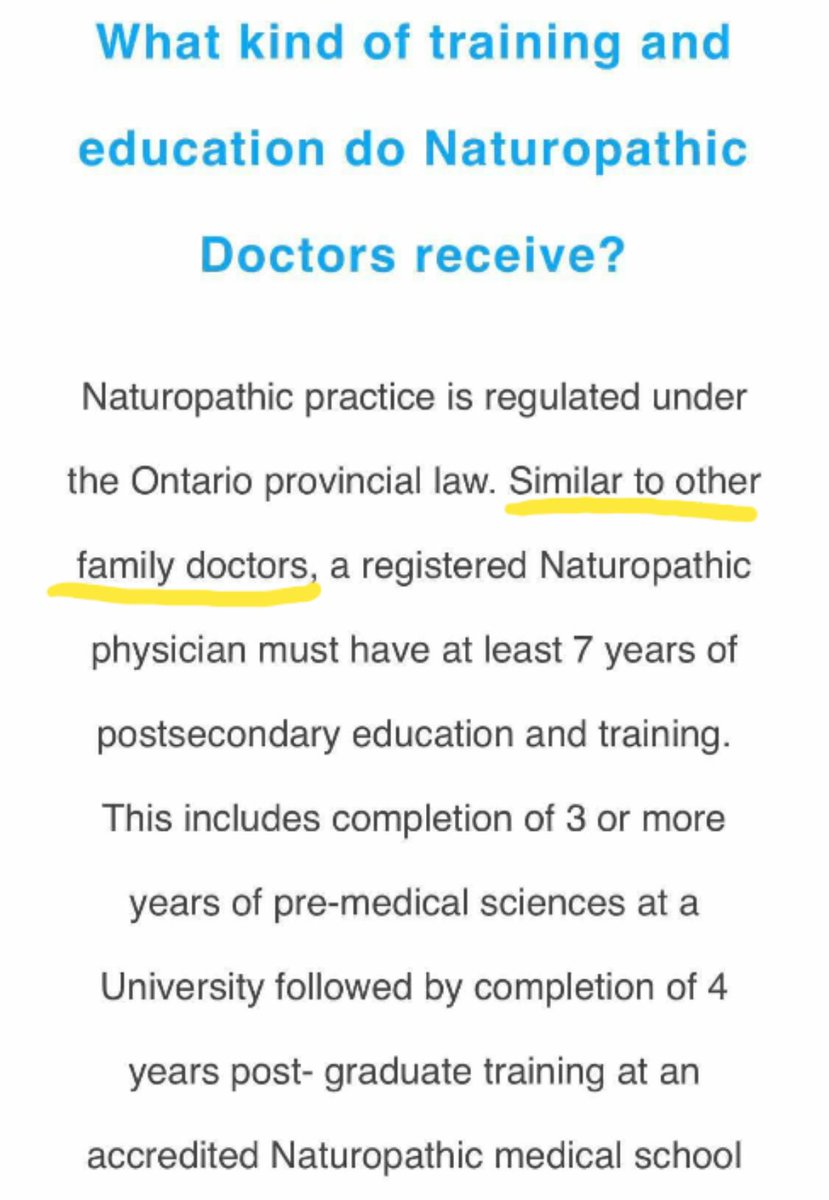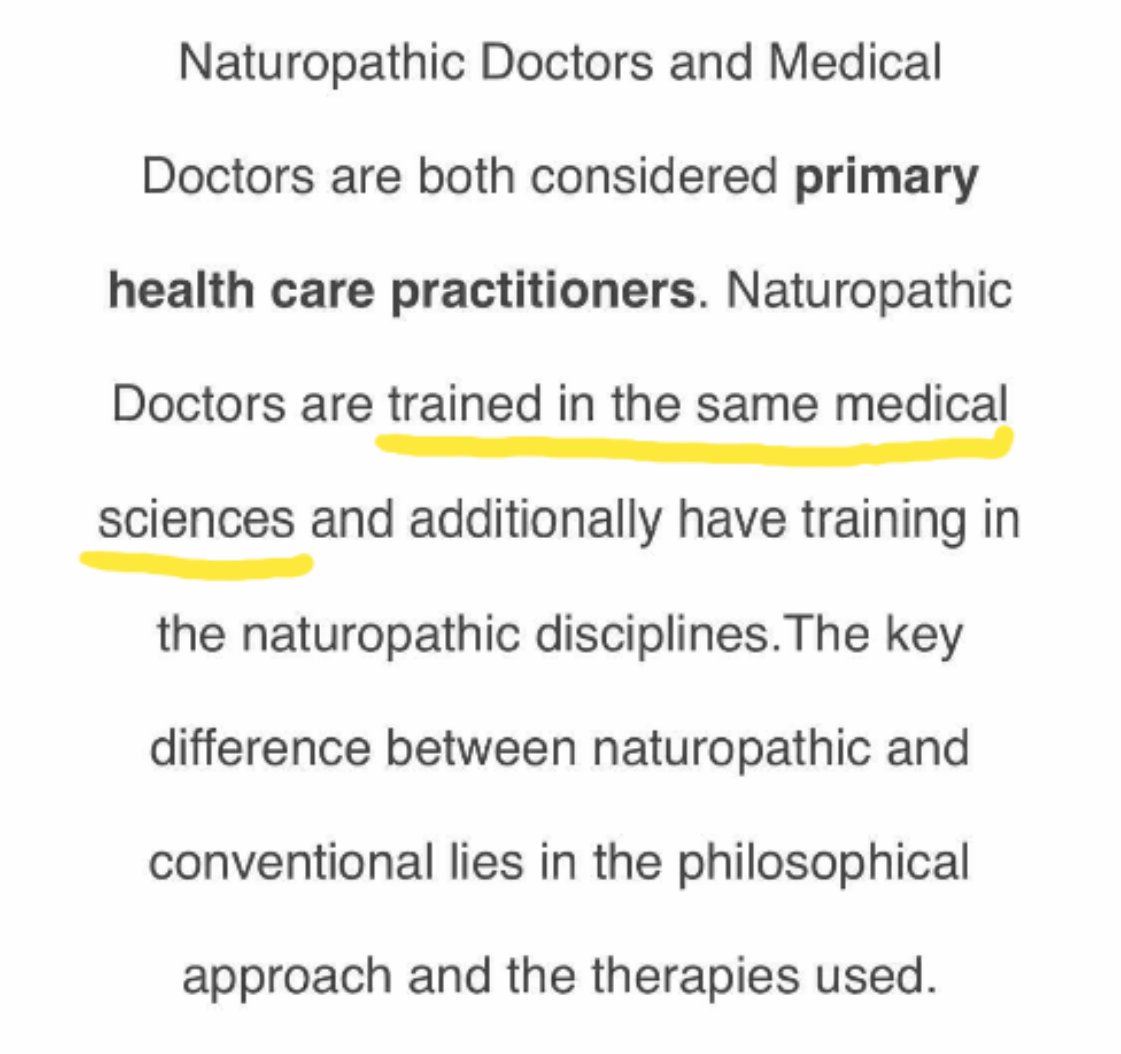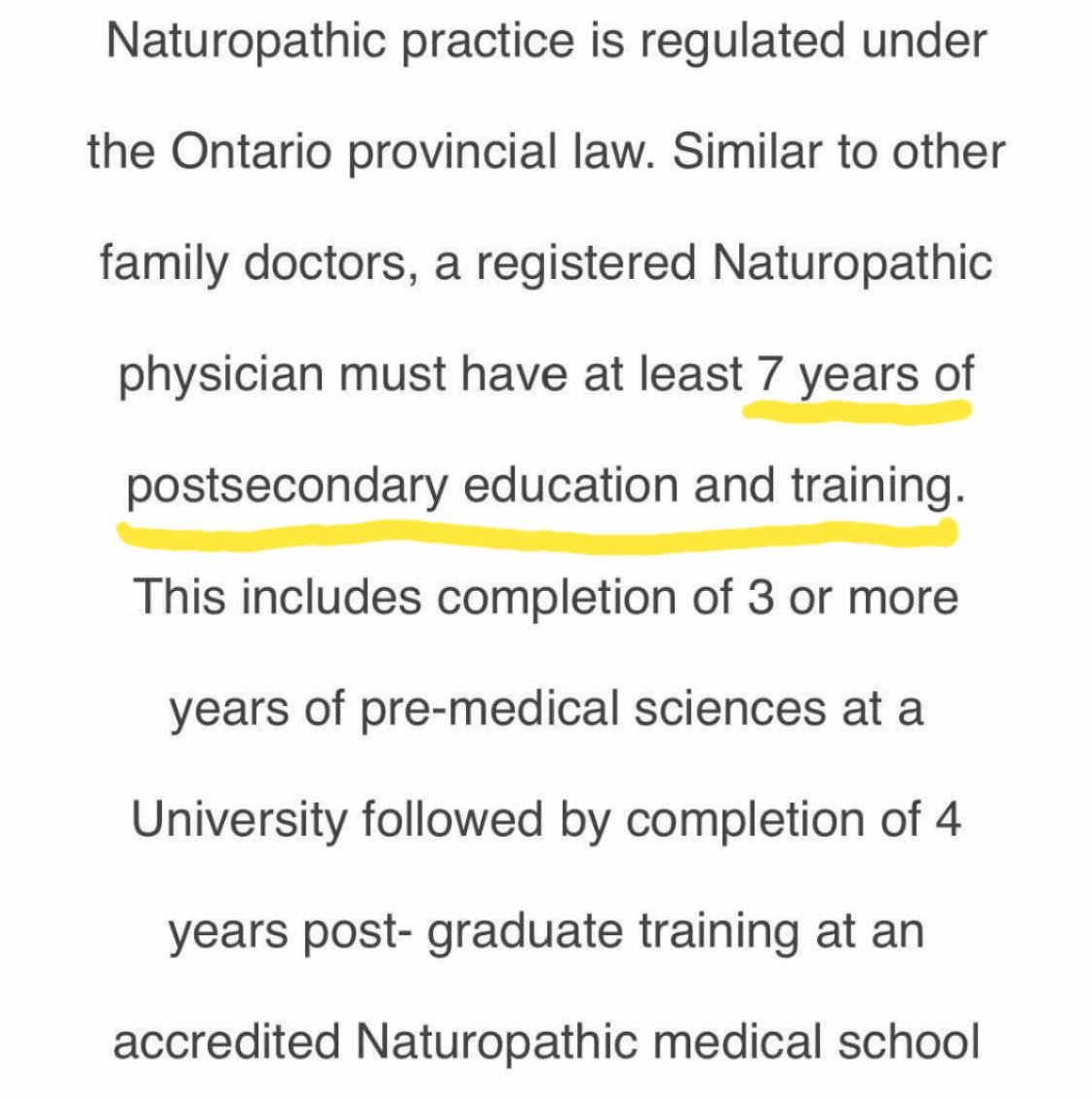Please join me in a
#PatientCommunication #TWEETORIAL /1
Combining the pts term’s with clinical terms in a fluid way takes some practice, but is well worth it: “a stone in your kidney can make your waterworks feel very irritated.” /3
Having long-term relationships in my family practice definitely gives me an advantage over consultants & acute care docs in that regard. /5
There are no shortcuts to effective communication, just the smoothness of skill that develops with practice. /7
Words can heighten the sense of loss of control during an uncomfortable/vulnerable experience or they can reduce it.
Asking for consent and warning about what’s to come are essential. /10
It has a semi-judgemental connotation that doesn’t work well in a clinical context. Just drop it. /12
You can come up with something better than "open your legs", really you can, you're smart and I believe in you. /14
I introduce touching the knees, then I touch them lightly and say, "pls let your knees flop apart". Then I continue to introduce everything I'm about to do and describe what I'm doing. I try to give a running estimate how much time is left. /15
My words might not be perfect and I'm sure there's room for improvement, but cold silence is FAR worse. /16
This is definitely an undertaught skill in #MedEd, but is SO important to have.
FIN















